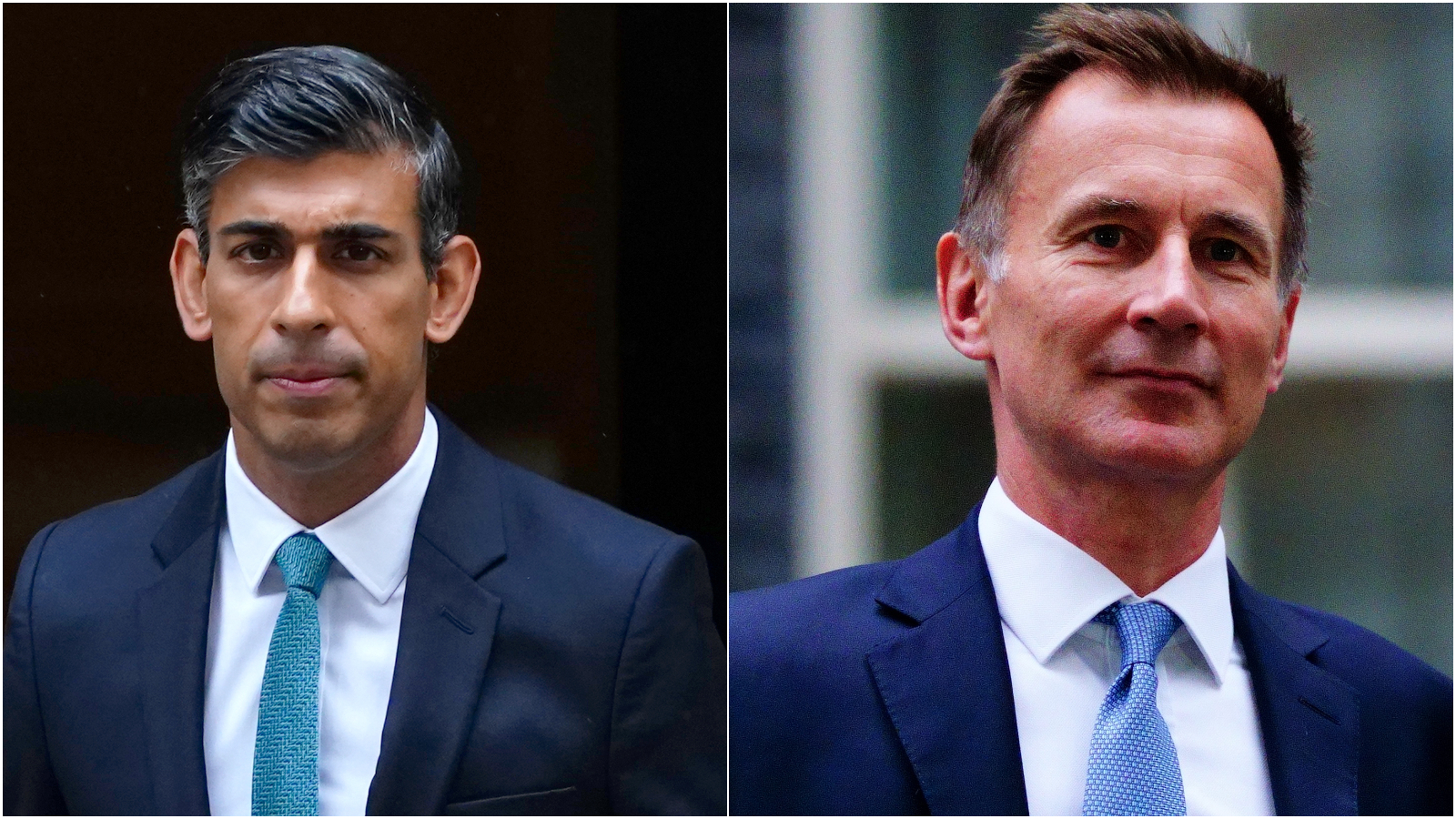Great Britain will be the only major economy to collapse in 2023.

The International Monetary Fund, which tries to stabilize economic development, said it has reduced its projection for Britain due to high energy prices, rising mortgage expenditures, increased taxations, and persisting workforce shortages.
Britain is anticipated to be the sole progressive and emerging economy to contract this year. Even sanctioned Russia is expected to thrive this year. According to IMF senior economist Pierre-Olivier Gourinchas, Britain had one of the greatest growth rates in Europe last year, expanding by 4.1%. Mr. Gourinchas stated that Britain’s prediction for this year reflected the country’s momentous dependency on pricey LNG, which has driven up the cost of living. He added government plans since November, when it put out its spending plans in its Autumn Statement, exemplified that Britain was striving to carefully manage these distinct problems and they think that they are on the proper track.
As per the data provided, the Eurozone’s GDP will grow by 3.5% in 2022, while the European Union’s economy will grow by 3.6%. The IMF forecasts Britain to expand by 0.9% in 2024, up from 0.6% before.
According to Paul Johnson, head of the Institute for Fiscal Studies, the IMF’s estimates are not always valuable, and the fund is more bullish than it was a few months ago. He noted that the Bank of England‘s forecasts are expected to be more optimistic than they were two or three months ago.

The best assumption is that the economy will stay predominantly flat this year. That the population will not see much growth, but they will not experience a serious recession either. That’s not exemplary, given that Britain should be recovering more quickly from Covid and hasn’t been developing sufficiently in the prior decade or so.
The IMF’s grim image for Britain comes after Mr. Hunt said it was “unlikely” that there would be money for any “notable” tax cuts in the Spring Budget. The chancellor, who has been subjected to pressure from members of his party to cut taxes to encourage the economy, has declared that trimming inflation is the ideal taxation reduction right now. Inflation, or the rate at which prices rise, is still at its 40-year high.
Prime Minister Rishi Sunak has committed to cut inflation in half by the end of the year, although multiple folks foresee this to happen regardless, owing to a halt in energy price increases and the resolution of post-pandemic supply considerations.
The Office for Budget Responsibility (OBR), the government’s official independent forecaster, predicts inflation, which measures the rate at which prices rise, to decrease to 3.75% by the end of this year, much below half the present level.
The Bank of England’s governor, Andrew Bailey, has predicted that inflation will decrease sharply this year but has warned that a Britain recession is still possible. While the IMF expects the Britain economy to decrease, it anticipates 1.4% growth in the US, 0.1% in Germany, and 0.7% in France.
Mr. Hunt said the IMF’s estimates show we are not immune to the complications influencing almost all major economies. Short-term concerns should not blur the long-term prospects – Britain surpassed many projections last year, and if they keep to our inflation-cutting plan, Britain is still expected to expand faster than Germany and Japan in the future years, he said.
When it comes to predicting the future, economic pundits are not always valid. According to the IMF, most advanced nations’ estimates, including Britain’s, have been within roughly 1.5 % points of reality. According to the IMF, the trend of central banks raising interest rates to attempt to control inflation, and the war in Britain, continues to “weigh on economic activity” across the world. However, it stated that China’s removal of Covid restrictions “laid the path for a faster-than-expected rebound” internationally.

How important is what the IMF thinks about Britain?
A projection like this, even from the world’s most powerful international economic mechanism, sounds merely a forecast. However, the value comes when the IMF presents a distinct tale in each of the countries it polls. In this scenario, Britain emerges to be an anomaly. It was the only country to see growth estimates reduced immensely since the autumn and the only major G7 economy expected to decrease this year.
Indeed, Britain is the only country in the current batch of 15 projections, including sanctions-hit Russia, that did not show growth beyond 2023. The short explanation is that Britain’s economy has deteriorated since September’s mini-budget. The obligatory tax and interest rate increases, combined with the more usual shock of continuing high energy costs, will impede the Britain economy.
The lengthier answer is that the IMF is not the only august organization concerned about Britain’s economic woes. The Bank of England is increasingly questioning why, in contrast to other major economies, Britain has not witnessed a full recovery of its workforce following the pandemic.

A workforce contraction of this magnitude would have an impact on both the size of the economy and the duration of high inflation. The Bank’s updated view on this is expected to be exposed when it issues its new prediction. The government’s forecasters on this will inform the Treasury if such circumstances may impact the volume of borrowing.
Another question to consider on the anniversary of Brexit is whether leaving the EU was an influence. Most economic forecasts at the time expected higher inflation and slower development than comparable nations due to less competition and higher trade and employment barriers with our neighbors.
The last line.
IMF estimate decrease stems from more current UK economic trends. It’s again likely that the IMF is optimistic about EU countries, especially given Germany’s surprise decrease in actual GDP data in the fourth quarter, which was publicized recently. But if this expected weaker relative performance of the UK on GDP and inflation is realized this year, and is sustained, then it can not merely be attributed to shared “global forces”.
Edited by Prakriti Arora




